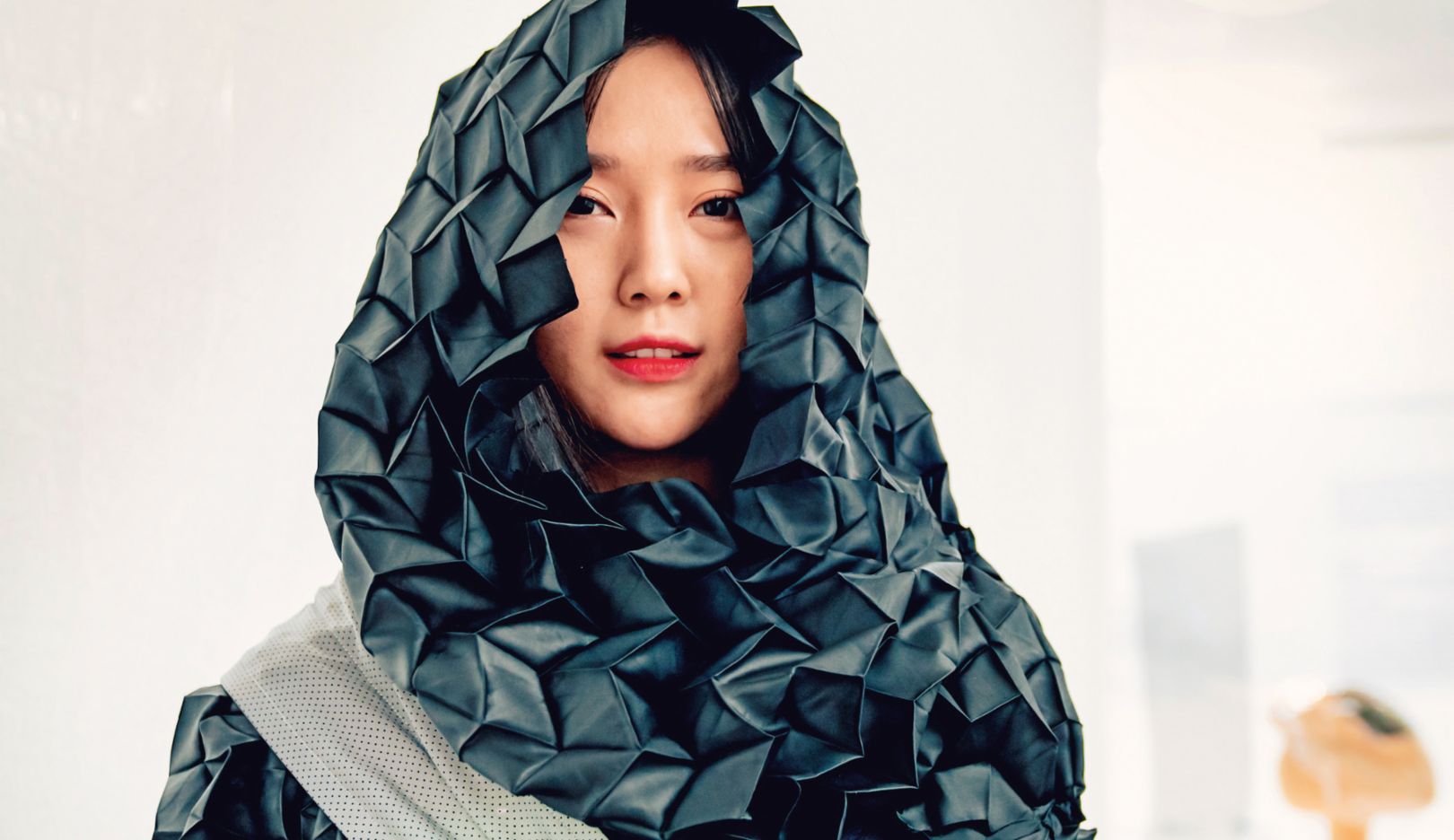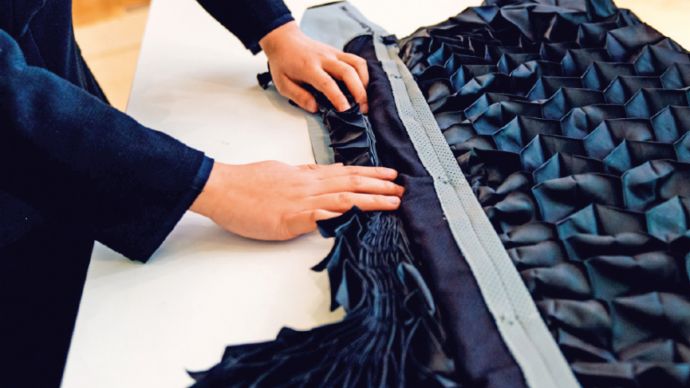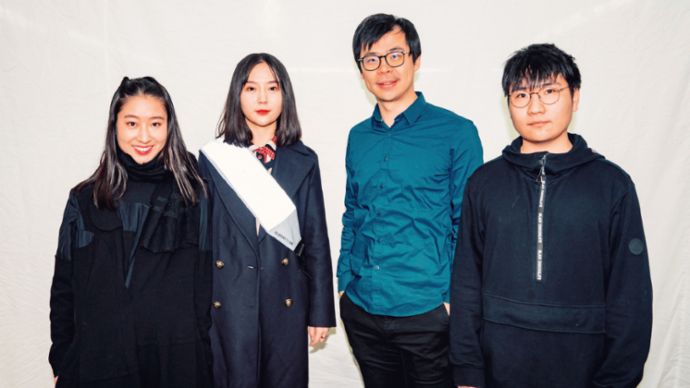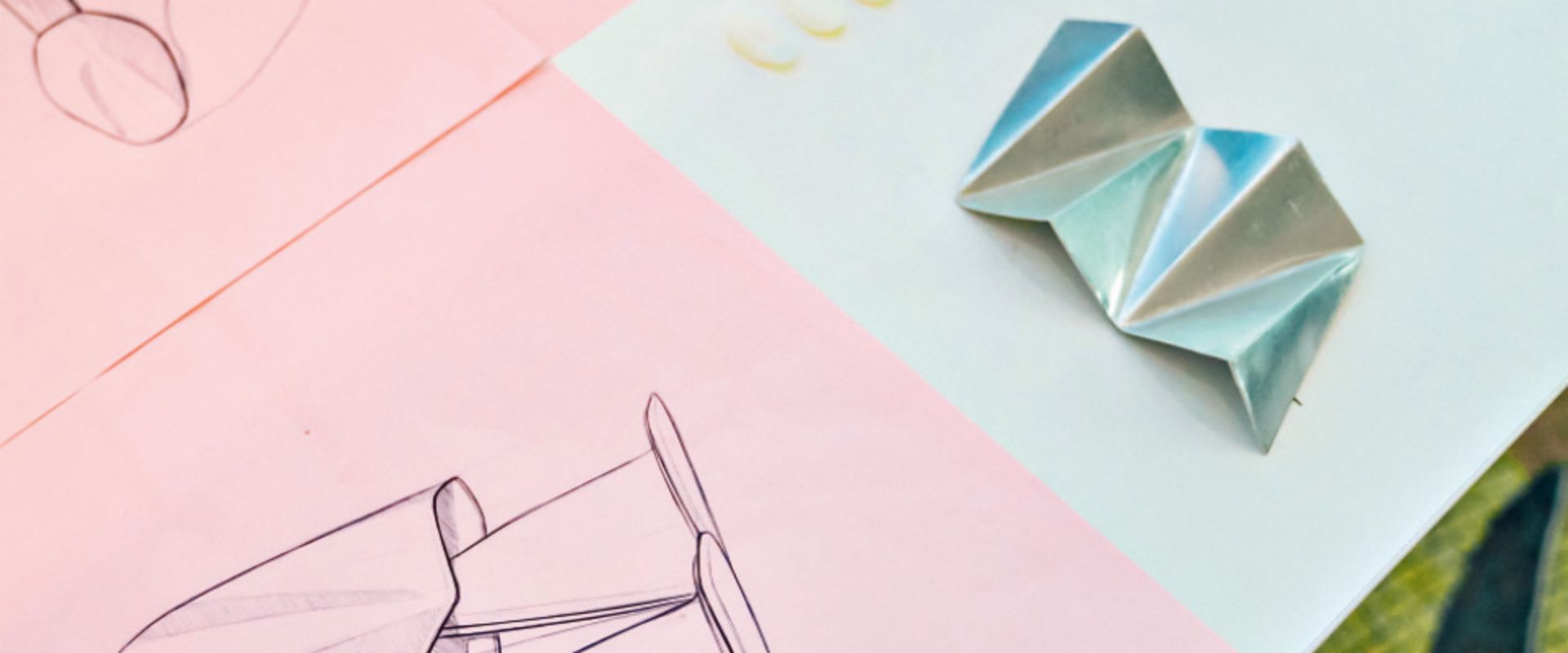Cape of Good Hope
Porsche Great Britain: A competition launched by Porsche Cars GB and Studio F. A. Porsche in partnership with the Royal College of Art produced prize-winning entries that bode well for the future of design.
Mobility innovations
‘We put design, creativity and human perspective at the heart of everything we do.’ Dr Emma Wakelin, Royal College of Art
Porsche Cars GB, Studio F. A. Porsche and London’s world-renowned Royal College of Art launched a competition in 2018, eliciting new perspectives from RCA students on the theme of personal urban mobility.
The competition, called Driven Youth, was open to MA Intelligent Mobility and MA Fashion post-grads, encouraging an exchange of ideas via the cross-fertilisation of design and fashion thinking. Entrants, working in teams of three or four, were asked to explore what they thought would be of most help in providing weather protection in a commuter’s ‘last mile' – that final stretch between the car or public transport and a destination. They were invited to be imaginative and tasked with creating a garment, accessory or product – or to come up with a clever conceptual idea.

At the end of the year, after an intense three months of research, the 12 teams made their presentations to a panel of judges that included representatives from Porsche Cars GB, Studio F. A. Porsche and the RCA, along with independent experts from the worlds of media and design. The quality of their work and depth of analysis impressed the judges, including their chair, Henning Rieseler, Manager of the Berlin branch of Studio F. A. Porsche. ’It’s the knowledge, expertise and creativity of future generations that will determine mobility needs in the years ahead,’ he commented.
Erica So, Yunfei Ma, Xiaoyang Zhao and Ting Zheng scooped the coveted first prize. Their waterproof cape impressed the panel with its design and execution, and the way it could be easily integrated into daily attire.
Made using traditional Asian paper-folding techniques, it’s a harmonious combination of form and function. When worn, the folds help the fabric hold its shape and give it a distinctive geometric pattern. When not in use, it can be neatly tucked away, concertina-like, into the shoulder strap of a bag. In reward for their efforts, the team won an unforgettable first prize: a trip to meet the designers at Studio F. A. Porsche in Zell am See, Austria.


Go cape
Inspired by Asian paper-folding techniques, the waterproof cape folds away elegantly into the shoulder strap of a bag.
Mission LM, by runners-up Man Loy Chan, Kunyan Wei and Ye Han, also used origami – this time to create a monowheel. They impressed with their use of technology and their product’s potential for development. Third place went to Senseed, by Nikhil Tupe, Ignacio Garcia Martinez, Sissel Kärneskog, Johannes Recla and Eleana Burrows. This team worked with a chef to create bite-sized snacks that a commuter could eat at the start and end of their journey to invigorate and then calm their senses.
Dr Emma Wakelin, Director of Research and Innovation at the RCA, praised the cross-curricular component of the competition: ‘We’re delighted to have had the opportunity to bring together students from two key MA programmes to work with Porsche. At the RCA, we put design, creativity and human perspective at the heart of everything we do. It’s through working at the intersection of disciplines like this that researchers and designers can innovate to address future challenges in how we will live and travel.’

